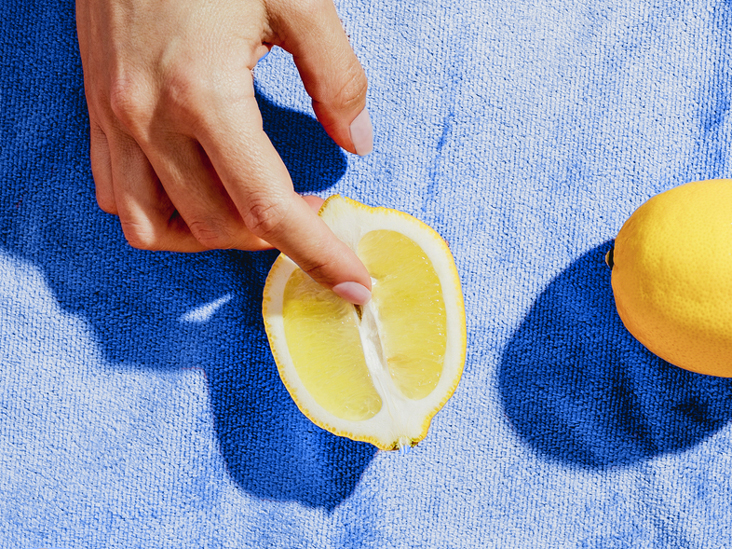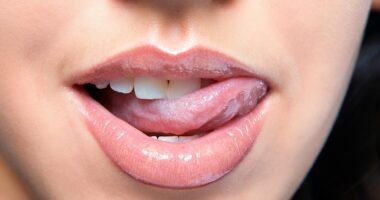
Myths about masturbation are always circulating. If you have ever heard that masturbation negatively affects your height or makes you blind in the long run, then these claims should be rejected. However, there are some side effects of masturbation that occur when one overdoes it.
Effects of Masturbation on Memory
There is no direct way in which masturbation affects memory. However, masturbation releases certain hormones in our brain that affect the body. Research shows that controlled masturbation is good for overall mental health. Not only does masturbation reduce stress and tension, it also helps reduce pain. Masturbation can affect your body negatively only if you engage in it too much.
Does Masturbation Cause Memory Loss?
Healthy levels of masturbation do not cause memory loss. However, forced masturbation can have negative effects on your memory. Physical exhaustion is one of the consequences of excessive masturbation. This, in turn, hinders attention and can negatively impact memory.
Forced masturbation causes the brain to release the hormone acetylcholine, a neurotransmitter. The body replaces acetylcholine with stress adrenaline, which can cause memory loss and attention deficits. Therefore, excessive masturbation can lead to memory loss.
How Does Masturbation Affect Memory?
Masturbation releases dopamine, oxytocin, endorphins and testosterone which can affect the brain. Dopamine is called the “happiness hormone.”
Research shows that dopamine modulates a brain system called the hippocampus that is responsible for memory retention. Dopamine is also known as the “motivational molecule”, which plays an important role in motivation and concentration.
Many men talk about getting more clarity after masturbating. This is due to dopamine. However, there is no scientific data to determine the effects of masturbation on memory.
Masturbation Effects on Brain
Masturbation has many positive effects on the brain. The sudden release of several hormones promotes better physical and mental health. We’ve listed some of them below, along with an explanation of how masturbation affects the brain.
Positive Effects on the Brain
Hormones that are released:
- Endorphins: These ‘feel good’ chemicals help reduce pain and can make a person feel relaxed.
- Dopamine: Also known as the ‘happiness hormone’, dopamine is involved in reward-seeking and motivation. The release of dopamine can provide clarity and improve focus.
- Serotonin: Serotonin is a chemical messenger that manages happiness and satisfaction. An increase in serotonin can improve your mood.
- Oxytocin: The ‘love hormone,’ oxytocin promotes social and sexual behaviours linked with happiness. Oxytocin supports overall well-being and growth.
Negative Effects on the Brain
Masturbation is generally associated with positive health effects. However, some men may feel guilty about masturbating due to religious or social constructs.
Masturbating twice a week is considered healthy. However, like anything good, excessive masturbation can cause negative health effects. This can lead to physical problems such as irritated or broken skin and pain.
Forced masturbation causes exhaustion. It affects health and can cause confusion. Physical fatigue can also cause absent mental and adverse changes in attention. Excessive masturbation can begin to interfere with daily life and your overall physical health.
Other Physiological Effects of Masturbation
- Improves Sleep – Masturbation improves the quality of sleep. Certain hormones released during menstruation reduce blood pressure and stress. A 2019 study found that men had a more favorable sleep outcome after masturbation. The time taken to sleep was reduced.
- Masturbation can reduce stress and anxiety – the release of the hormone oxytocin is linked to reducing stress hormones such as cortisol. It promotes relaxation and regulates the stress response.
- Immune function – Masturbation increases levels of endocannabinoids and prolactin, which reduce inflammation and boost the immune system. Stress reduction also promotes a healthy immune system.
- Pain Reduction – The release of endorphins helps reduce pain. Endorphins are also known as the body’s natural pain relievers. Another hormone called Endocannabinoids is released during menstruation. These hormones help control pain and inflammation. A 2013 study found that sex can provide relief when it comes to migraine pain and headaches.
- Focus and Concentration – Increased levels of dopamine promote better focus and concentration.









